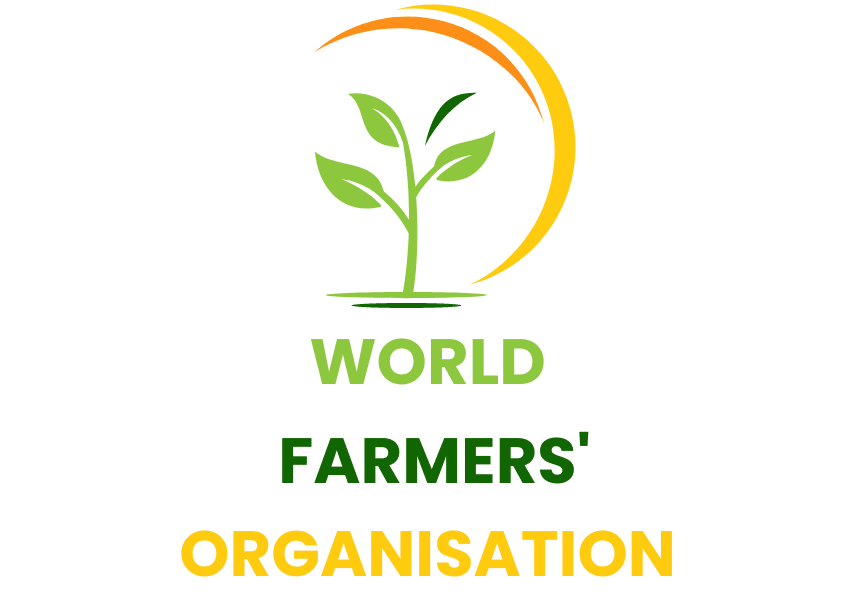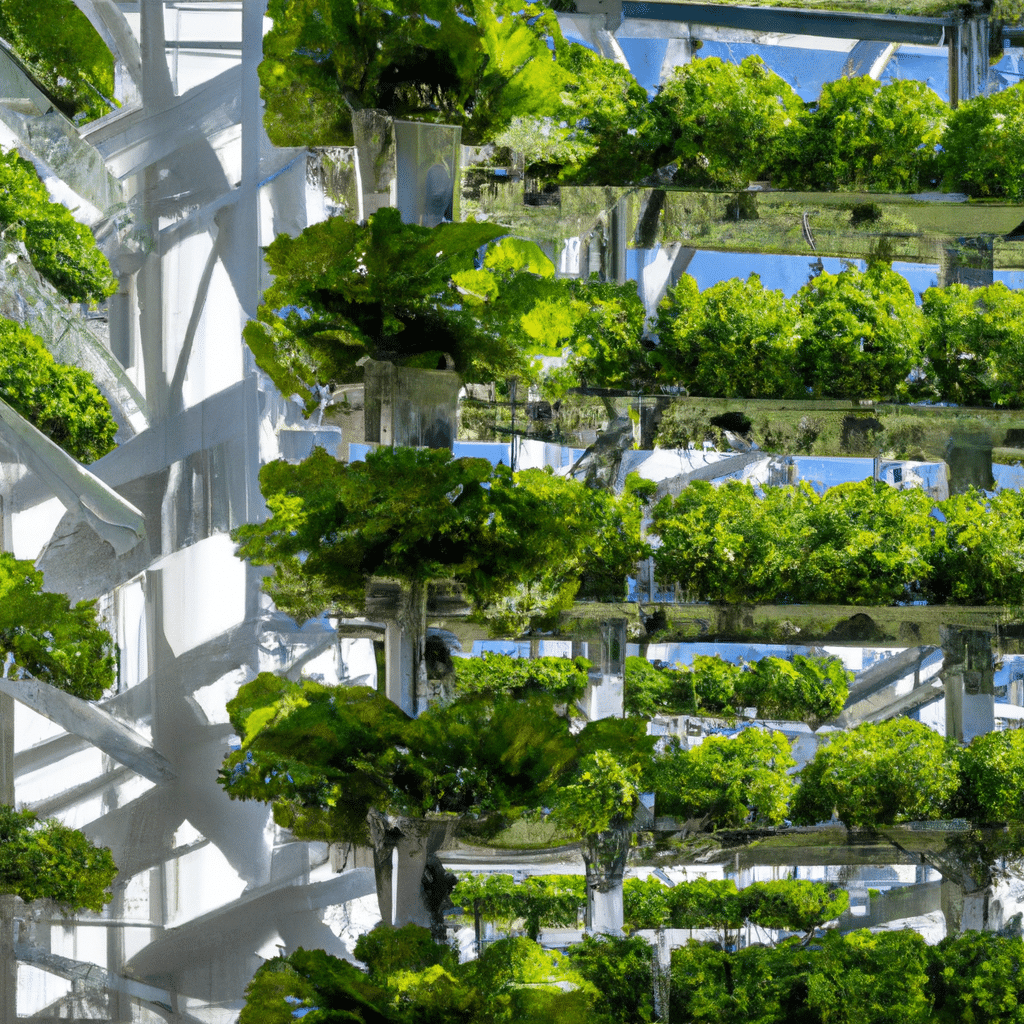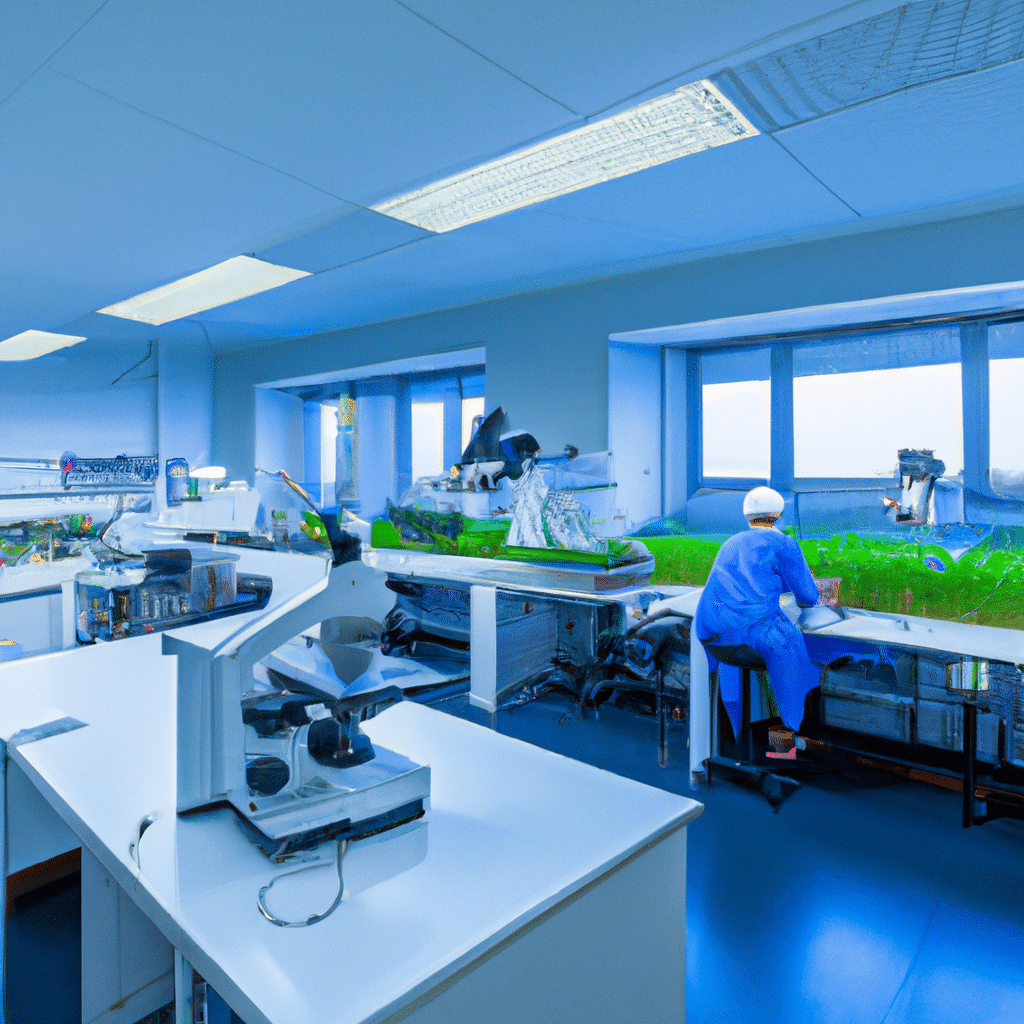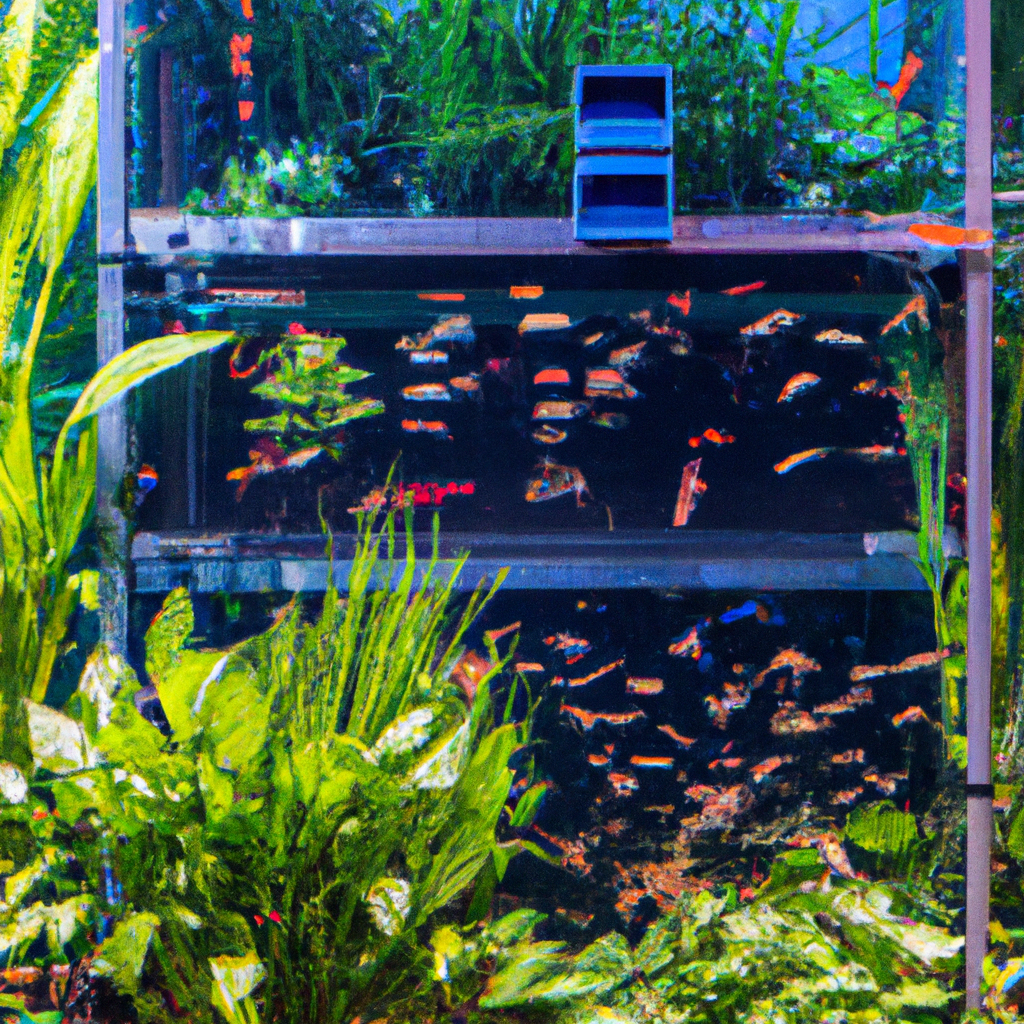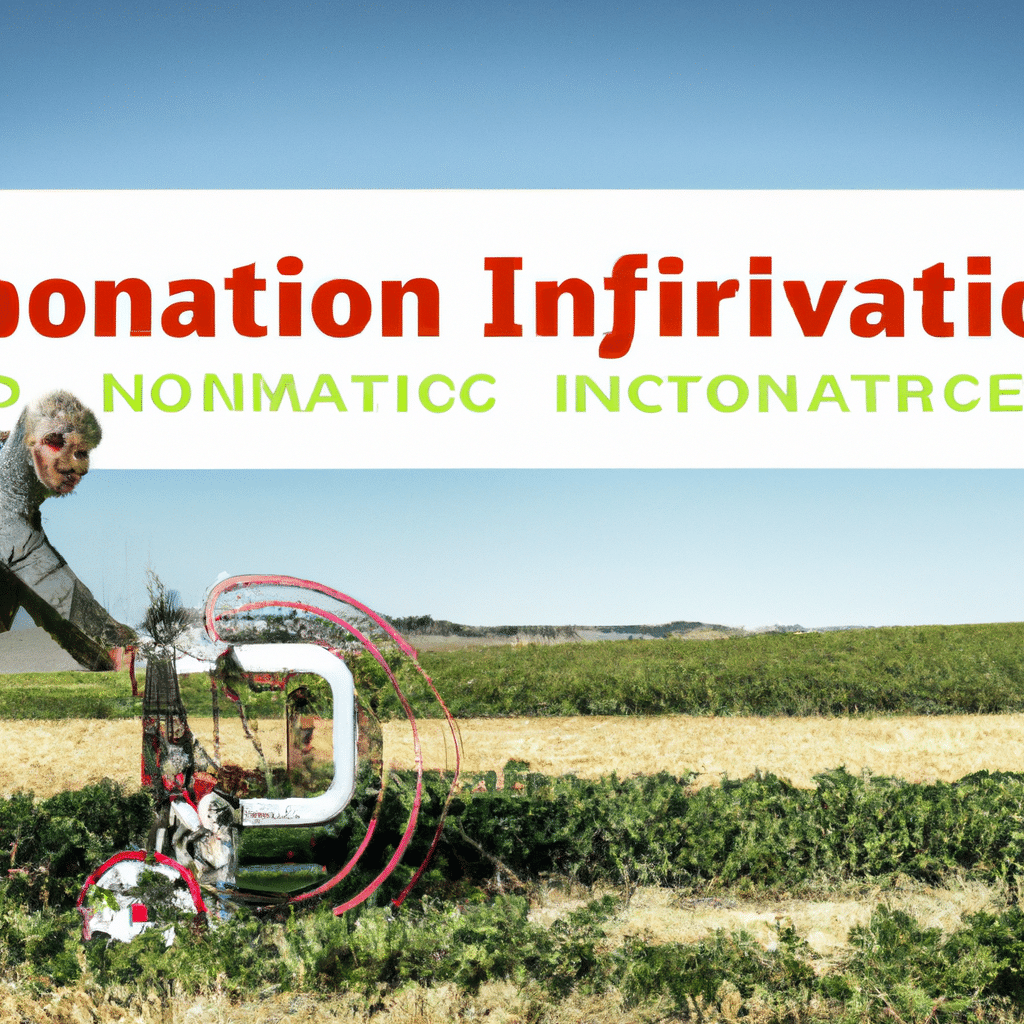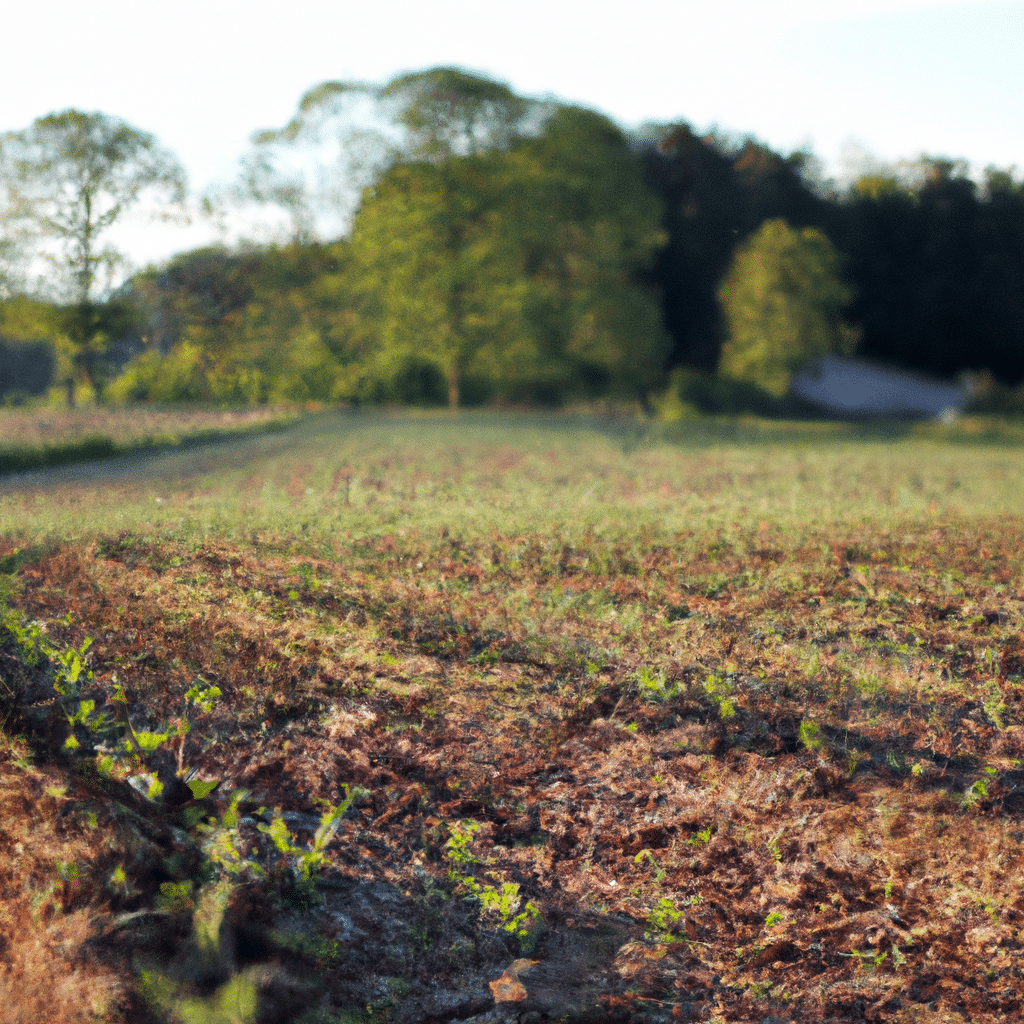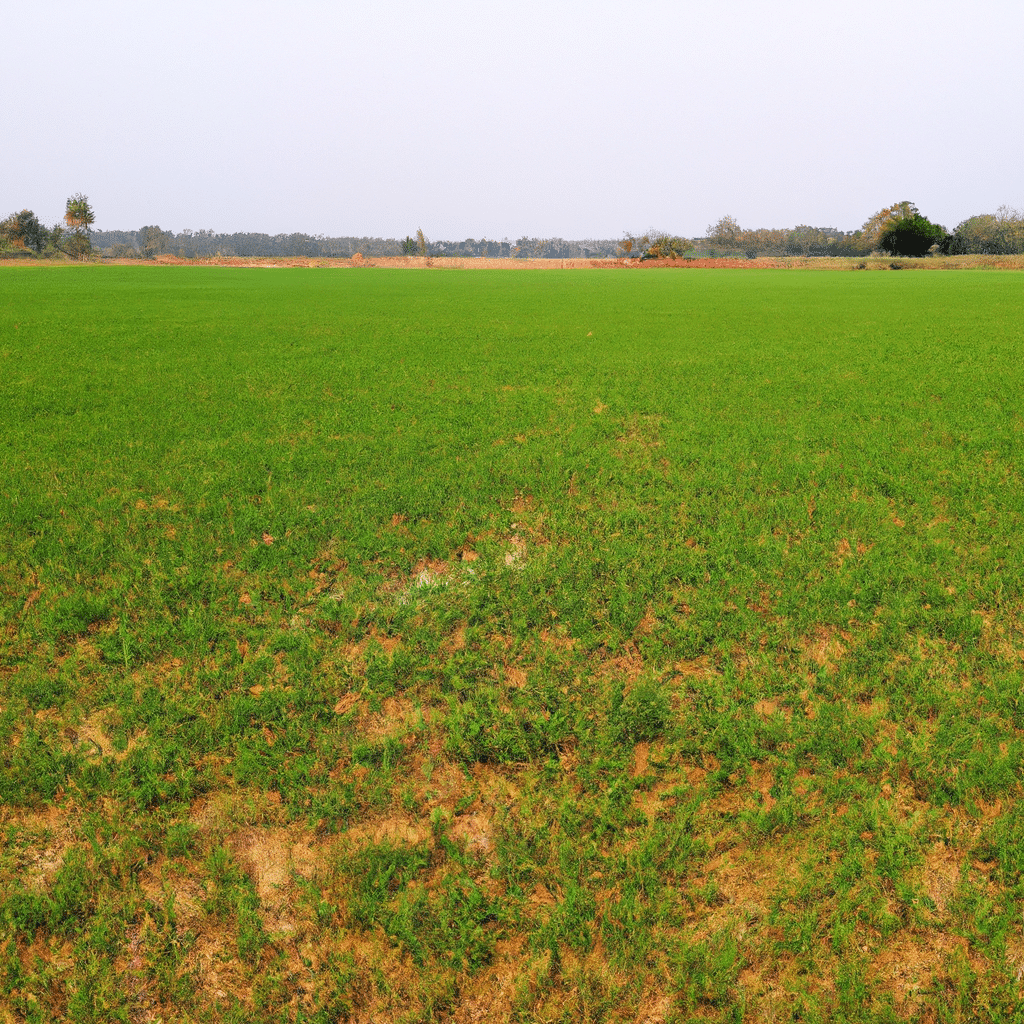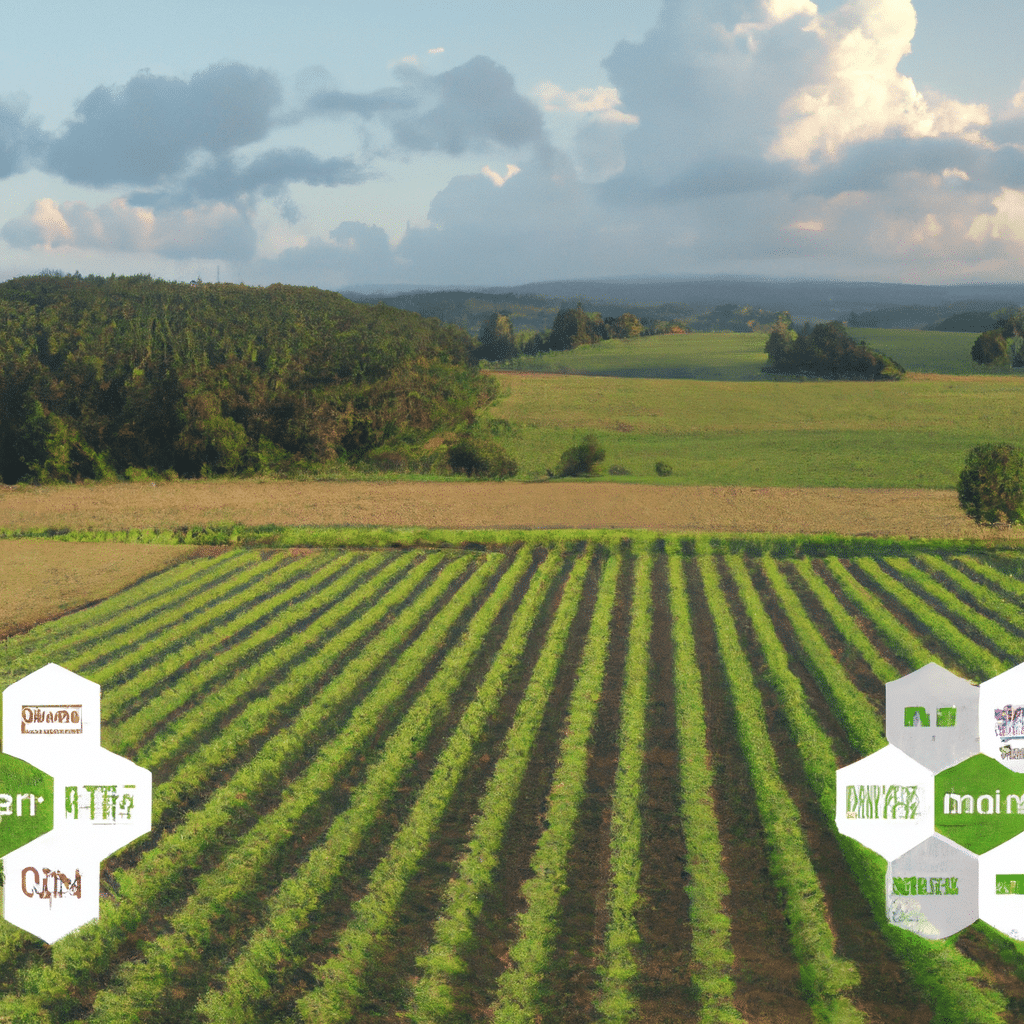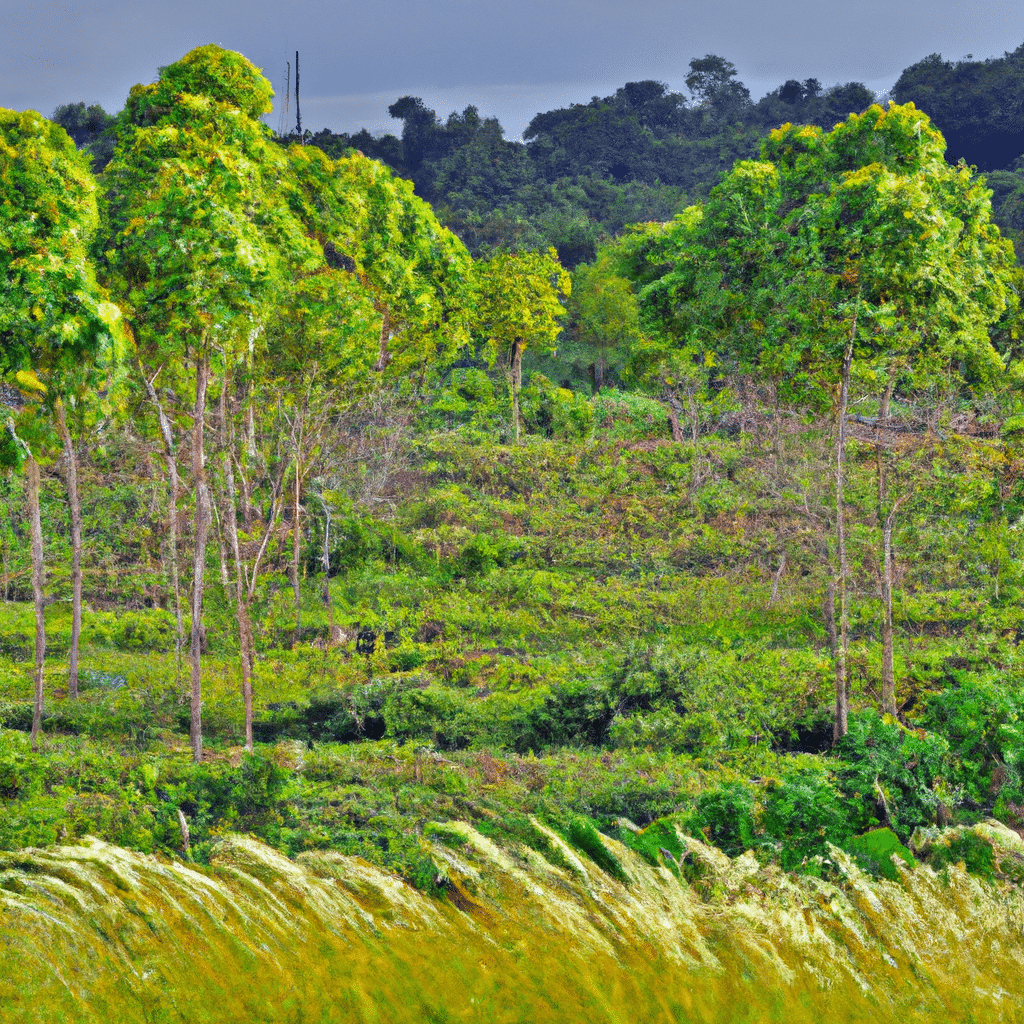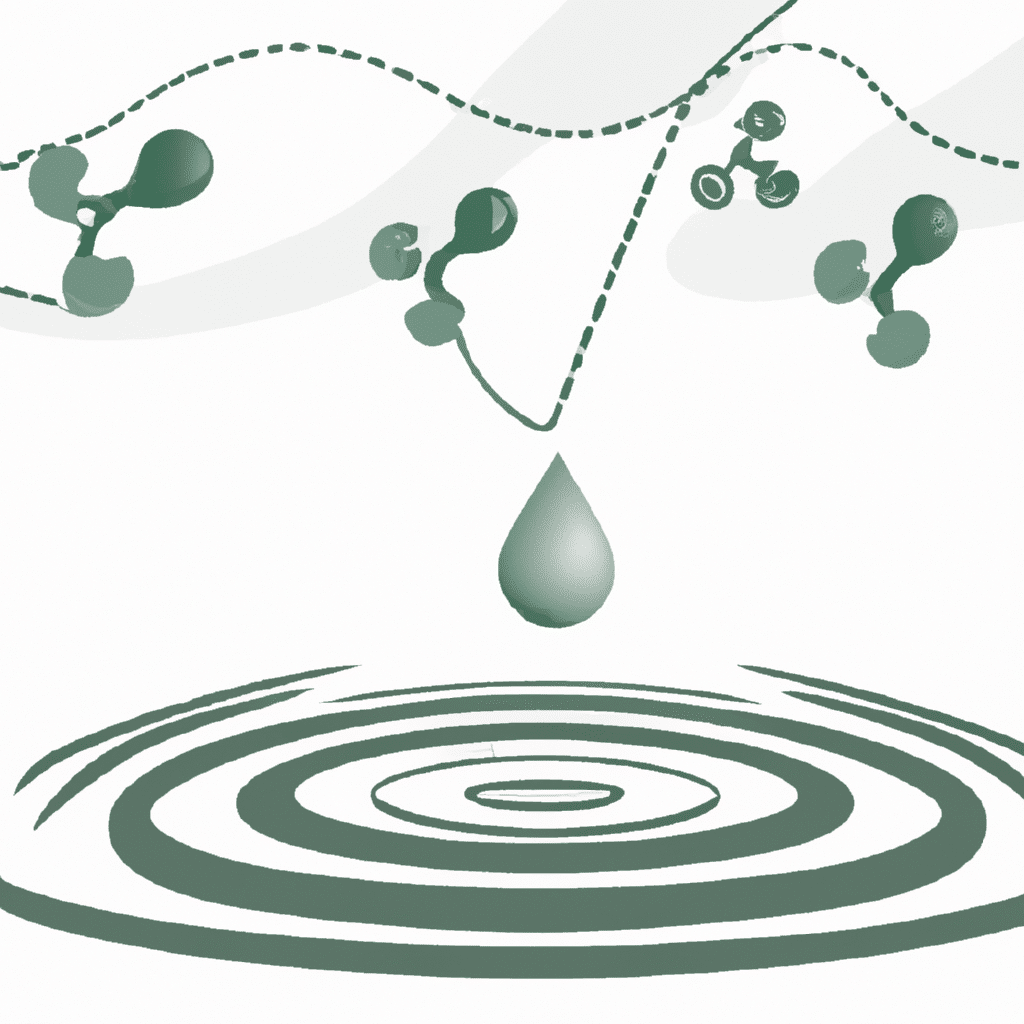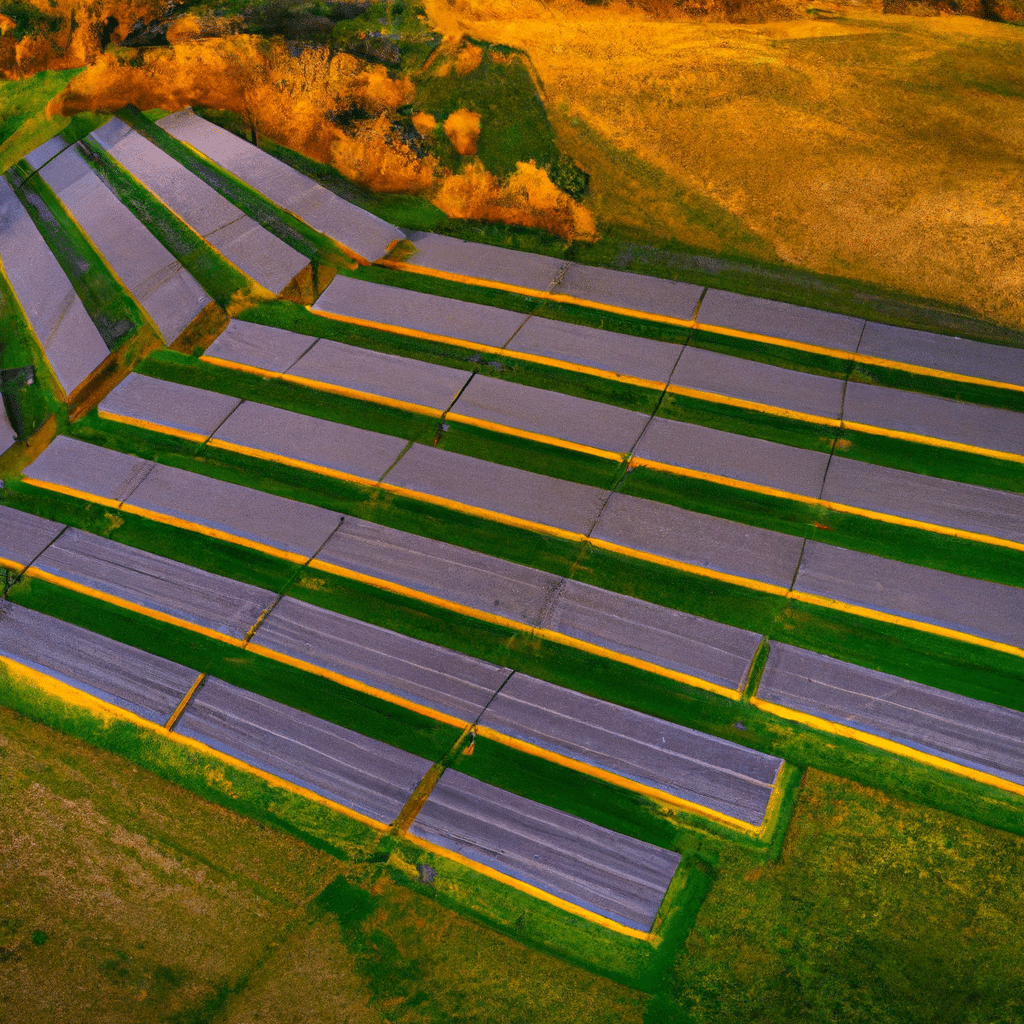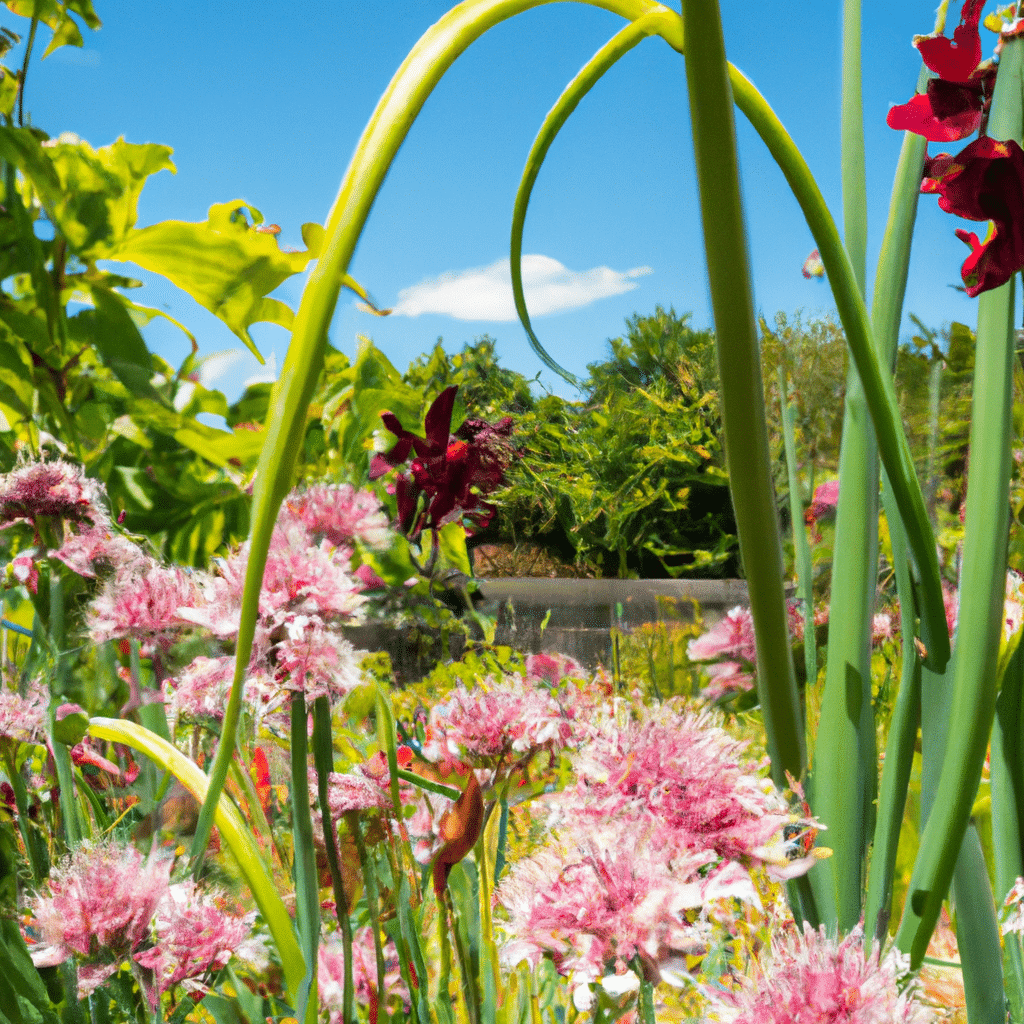Welcome to our comprehensive guide on innovative irrigation systems that are revolutionizing agriculture and helping farmers save water while enhancing crop quality. In this article, we will explore the latest advancements in irrigation technology, highlighting their benefits and how they can contribute to a sustainable future for farming. Join us on this journey as we delve into the exciting world of water-efficient irrigation systems.
The Importance of Water in Agriculture
Water is an indispensable resource in agriculture, playing a critical role in crop growth, yield, and overall farm productivity. However, with increasing water scarcity and the adverse effects of climate change, it has become imperative to find innovative ways to optimize water usage in farming. Traditional irrigation methods often lead to excessive water consumption, resulting in wastage and environmental degradation. This is where modern irrigation systems step in, offering efficient solutions to this pressing issue.
Smart Irrigation Systems: A Game Changer
Smart irrigation systems have emerged as a game changer in the agricultural landscape. These intelligent systems utilize advanced technologies such as sensors, weather forecasting, and data analytics to optimize water usage and deliver precise amounts of water to crops when and where they need it the most. By integrating real-time data and automated controls, smart irrigation systems ensure that plants receive the right amount of water, minimizing waste and maximizing efficiency.
Benefits of Smart Irrigation Systems
Smart irrigation systems offer a multitude of benefits for farmers and the environment alike. Let’s explore some of the key advantages:
- Water Conservation: By utilizing sensors and data analysis, smart irrigation systems eliminate water waste by delivering water directly to the root zone of plants. This targeted approach significantly reduces water consumption, saving valuable resources and contributing to sustainable farming practices.
- Enhanced Crop Quality: Precise water delivery ensures that crops receive optimal hydration, leading to improved crop quality and higher yields. By avoiding over or under-watering, smart irrigation systems promote healthier plant growth, resulting in better-quality produce.
- Cost Savings: With smart irrigation systems, farmers can optimize their water usage, leading to substantial cost savings. By eliminating water waste and minimizing the need for manual intervention, these systems help reduce labor and energy expenses associated with traditional irrigation methods.
- Time Efficiency: Smart irrigation systems automate the irrigation process, reducing the time and effort required for manual watering. Farmers can focus on other essential tasks, increasing overall productivity and efficiency on the farm.
- Environmental Sustainability: By conserving water and reducing the use of harmful chemicals, smart irrigation systems contribute to a more sustainable environment. These systems support eco-friendly farming practices, reducing the impact of agriculture on water resources and minimizing pollution.
Cutting-Edge Irrigation Technologies
Now, let’s dive into some of the cutting-edge irrigation technologies that are transforming the way we water our fields:
Drip Irrigation Systems
Drip irrigation systems revolutionize water delivery by providing a slow and steady supply of water directly to the plant’s root zone. These systems consist of a network of tubes or pipes with emitters that release small droplets of water near the plant roots. By reducing water loss due to evaporation and runoff, drip irrigation ensures efficient water usage and minimizes weed growth. This technology is particularly effective for row crops, orchards, and vineyards.
Precision Sprinkler Systems
Precision sprinkler systems utilize advanced sprinkler heads and nozzles to deliver water with precision and accuracy. These systems can be customized to suit specific crop requirements, ensuring uniform coverage and minimizing water wastage. By incorporating weather data and soil moisture sensors, precision sprinkler systems adapt irrigation schedules based on real-time conditions, further optimizing water usage.
Soil Moisture Sensors
Soil moisture sensors play a crucial role in smart irrigation systems by measuring the moisture content in the soil. These sensors provide valuable data that helps farmers determine when and how much water to apply to the crops. By monitoring soil moisture levels, farmers can avoid overwatering or underwatering, promoting efficient water usage and preventing water stress in plants.
Weather-Based Irrigation Controllers
Weather-based irrigation controllers, also known as evapotranspiration (ET) controllers, use weather data to adjust irrigation schedules. By considering factors such as temperature, humidity, wind speed, and solar radiation, these controllers calculate the water needs of crops in real-time. This data-driven approach ensures that irrigation is tailored to the specific requirements of the plants, optimizing water usage and minimizing water waste.
Conclusion
Innovative irrigation systems are revolutionizing agriculture by saving water and boosting crop quality. Smart irrigation technologies such as drip irrigation systems, precision sprinklers, soil moisture sensors, and weather-based controllers offer precise water delivery, leading to water conservation, enhanced crop yields, cost savings, and environmental sustainability. By embracing these advancements, farmers can pave the way for a more efficient and sustainable future in agriculture. Together, let’s water the fields of tomorrow and secure a thriving future for our crops and planet.
